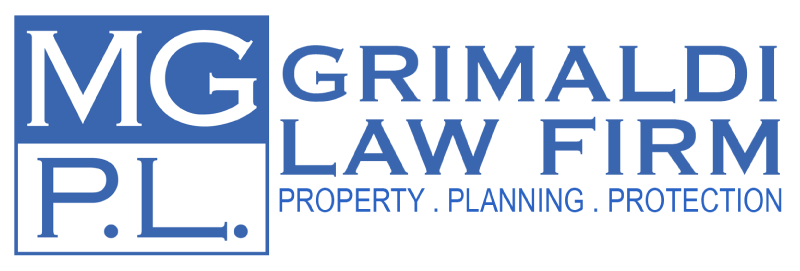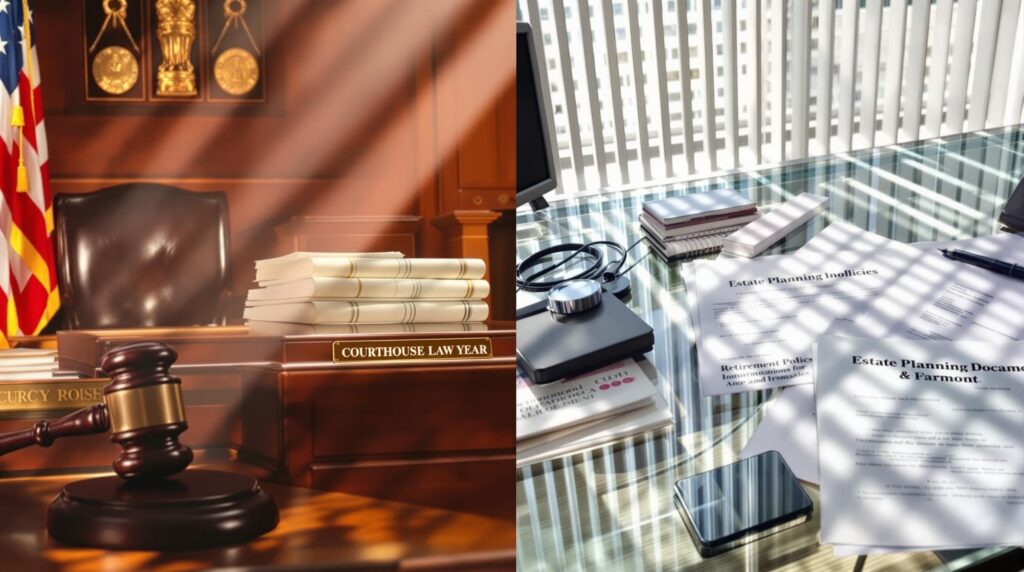Broward County handles two types of assets when someone passes away: those that go through court (probate) and those that don’t (non-probate). Probate assets need a judge’s approval and include things owned by one person alone, bank accounts without named beneficiaries, and personal belongings not placed in trusts. Non-probate assets move straight to the new owners without court oversight – like life insurance money, retirement funds with named beneficiaries, and property shared with others who have the right to take full ownership. In Broward County, the probate process usually takes 4-6 months. During this time, all assets must be listed, people owed money must be notified, and the court must approve the final handout of assets. Smart estate planning uses both types of assets wisely through tools like living trusts, accounts that transfer upon death, and clear naming of beneficiaries. When you know how these different assets work, you can better plan for taxes and make sure your wealth passes smoothly to others.
Key Takeaways
- Probate assets require court supervision in Broward County, while non-probate assets transfer directly to beneficiaries without court involvement.
- Solely-owned property, including homes and personal items, must go through probate unless placed in trusts beforehand.
- Life insurance and retirement accounts typically bypass probate when specific beneficiaries are named instead of the estate.
- Broward County probate process takes 4-6 months, including a mandatory three-month period for creditors to file claims.
- Living trusts and payable-on-death accounts are effective strategies to convert probate assets into non-probate assets.
Common Probate Assets in Florida
In Florida, when someone dies, probate assets include things the person owned alone at their death. Common items that go through probate are homes, land, and business properties that were only in the deceased person’s name. Bank accounts without named beneficiaries must go through probate, including personal checking and savings accounts, and CDs. If life insurance policies or retirement accounts list the estate as the beneficiary, these also need probate. Business ownership, such as companies run by one person or shares in bigger companies without clear plans for transfer, must go through probate too. Personal items owned by the person who died, like cars, jewelry, art, and home furnishings, also need probate unless they were set up to transfer directly to someone else or were put in a trust.
Understanding Non-Probate Asset Transfers
Non-probate assets move smoothly to new owners when someone dies, without going through the courts. This happens because the owner set up special arrangements while still alive that say exactly who should get these assets. Some common examples are life insurance payments, retirement savings accounts, and bank accounts marked for transfer after death. When two people own something together with “right of survivorship,” the living person automatically gets full ownership when the other dies. Bank accounts can also be set up to go straight to someone after death. Trust funds work the same way – they pass assets directly to those named in the trust without needing court approval. These methods make planning easier and cut down on paperwork after death. To make sure everything works as planned, it’s important to keep good records and check who’s named to receive these assets from time to time.
Broward County Probate Court Process
Assets that must go through probate in Broward County, Florida need to follow certain steps in court, unlike assets that skip probate. To start, someone must file papers with the court’s probate office, including the will, proof of death, and a list of what the deceased person owned. In Broward County, simple probate cases usually take four to six months, but harder cases might last longer than a year. The court makes sure all family members, people owed money, and others involved get proper notice. Then there’s a three-month waiting period for anyone who claims they’re owed money. During this time, the person in charge of the estate must make a list of everything owned, pay bills, handle tax papers, and keep track of all money spent. The process ends when the court says it’s okay to give out the assets and lets the person in charge finish their job.
Estate Planning Strategies
Estate planning works best when you know which assets go through court (probate) and which ones don’t. In Broward County, good planning often means setting up trusts and taking steps to protect your wealth while keeping it out of probate court. Smart moves include creating living trusts that you can change, which help assets skip probate. It’s also helpful to set up your bank accounts so they pass directly to others when you die, and to plan how you share ownership of property. Adding life insurance and retirement accounts to your plan also helps avoid court processes while keeping your assets safe. To protect everything well, it’s important to check who you’ve named to receive your assets and update these names when needed. You should also be careful about how you list property ownership and plan any gifts you make. This way, you can keep control of your things while alive but make sure less goes through court later.
Tax Implications and Asset Distribution
Tax rules play a key role when deciding how to pass down assets, whether through probate or direct transfers. In Florida, assets going through probate may face different tax outcomes than those passed down directly. While Florida doesn’t tax inheritances, larger estates might still need to pay federal estate taxes if they exceed the tax-free limit. Assets that skip probate often come with tax benefits, as the people who receive them get an updated value for tax purposes, which can lower their taxes if they sell later. But some direct transfers, like money from retirement accounts and annuities, might lead to immediate taxes for those who receive them. Because these tax rules can be tricky, it’s important for estate handlers and those receiving assets to work with tax experts to make smart choices about how to share the assets.
Frequently Asked Questions
Can a Beneficiary Contest a Non-Probate Asset Designation After the Owner’s Death?
Yes, people named to receive non-probate assets can fight the owner’s choices in court after they die. They usually need to show that someone tricked or pressured the owner, or that the owner wasn’t mentally fit to make decisions. These cases are harder to win than regular will disputes, and you need strong proof to succeed.
How Long Do Creditors Have to Claim Against Non-Probate Assets?
Creditors usually have up to two years after someone dies to make claims against assets that skip probate, but the time limit can be different based on where you live and what kind of property is involved.
What Happens if a Named Beneficiary Dies Before Receiving Non-Probate Assets?
When a named beneficiary dies before getting their share, the assets usually go to backup beneficiaries listed in the paperwork. If there are no backups, the money or property becomes part of the deceased person’s estate.
Can Probate and Non-Probate Assets Be Used to Offset Estate Debts?
Debts must be paid first using assets that go through probate. If there isn’t enough money from probate assets to pay all debts, creditors can then try to collect from assets that skip probate.
Are Stepchildren Automatically Included in “Children” Designations for Non-Probate Assets?
Stepchildren are not automatically counted as “children” when it comes to non-probate assets like life insurance or retirement accounts. To make sure stepchildren can receive these benefits, you need to list them by name on the beneficiary forms.
Conclusion
Knowing what goes through probate court and what doesn’t is key when planning what happens to your property in Broward County. When you set up your assets the right way and choose how they’ll be passed down, you can save time and money while making sure your loved ones get what you want them to have. By making smart choices about your estate, using tools like living trusts, and thinking about taxes, you can help your family avoid lengthy court processes in Broward County. For expert guidance on estate planning and property matters in Florida, contact Real Estate Law Fl today to protect your assets and secure your family’s future.

